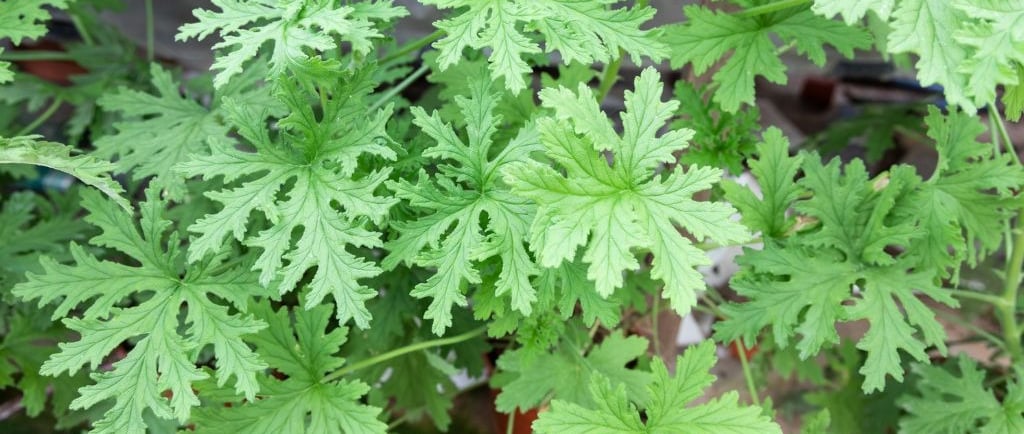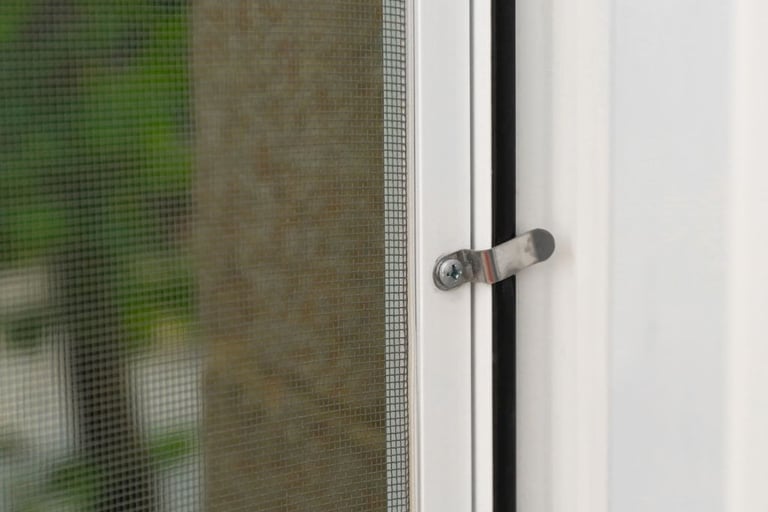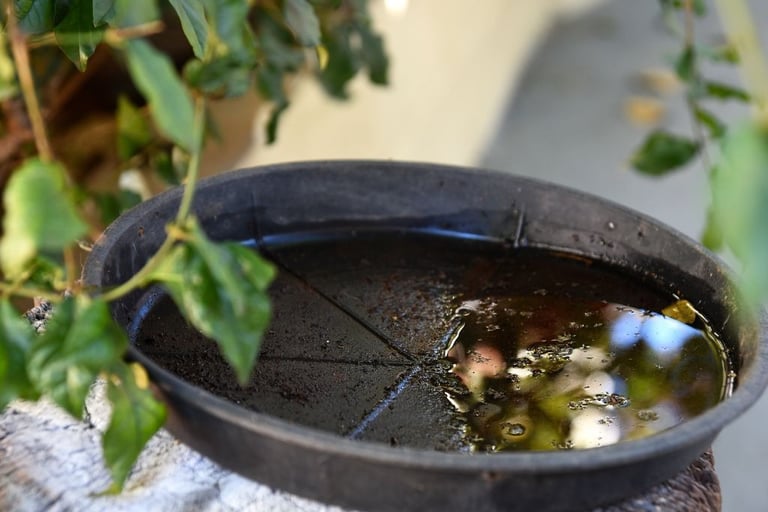Mosquito Plants: Do They Really Work?
Ever heard of mosquito plants? Are they worth the investment for homeowners in Johor Bahru? Read on to learn more!
Chan, H.H.


Mosquito plants have gained popularity in recent years as a natural way to repel mosquitoes. These plants are often marketed as an eco-friendly, easy-to-use solution for mosquito control. However, do they actually work? Are they worth the investment for homeowners in Johor Bahru?
The truth is, mosquito plants are not an effective way to control mosquitoes. Despite the marketing hype, these plants do not produce enough active ingredients to repel mosquitoes effectively. They can also be costly to maintain. Instead, consider more reliable alternatives like mosquito traps, natural repellents, or mosquito screens.
What are Mosquito Plants
With increasing concerns about the health risks of chemical-based mosquito control, people are actively looking for safe and natural alternatives. This has contributed to the growing popularity of mosquito plants as an eco-friendly option.
Common mosquito plants include citronella, lemongrass, catnip, and lavender. These plants are widely available at garden centers and online stores. While some believe that planting these around the home creates a natural mosquito-repelling barrier, there is little scientific evidence to support this claim. In reality, the amount of repellent compounds released by these plants is too low to provide significant protection.
How Mosquito Plants Are Supposed to Work
Certain plants produce chemicals to protect themselves from plant-feeding insects. Some of these chemicals are also known to repel mosquitoes by irritating them or disrupting their ability to locate a host.
However, while these chemicals may be effective in concentrated forms, the amount naturally released by a living plant is often insufficient to protect you from mosquitoes. Additionally, any repellent effects can be easily diluted by air movement.
Do Any Mosquito Plants Actually Work?
While mosquito plants are generally ineffective for mosquito control, some carnivorous plants like Venus flytraps can help by capturing small insects, including mosquitoes. Moreover, only smaller trap lobes are sensitive enough to detect mosquitoes.
Overall, relying on Venus flytraps for mosquito control is impractical since mosquitoes can still bite before getting caught in the trap.
Alternatives to Mosquito Plants
If you want to effectively reduce mosquito populations in Johor Bahru, consider the following proven methods:
Mosquito Screens
Installing mosquito screens on windows and doors is one of the best ways to prevent mosquitoes from entering your home. These screens provide a reliable, low-maintenance barrier against mosquitoes. While not as visually appealing as mosquito plants, screens are significantly more effective at keeping mosquitoes out, especially if you are facing problems with night-biting mosquitoes!


Eliminating Mosquito Breeding Grounds
Culex and Aedes mosquitoes are a common problems in Johor Bahru. The former are active at night, while the latter are active throughout the day. To prevent an infestation, eliminate standing water around your home. Common mosquito breeding grounds include:
Rubbish and discarded containers
Pails and buckets
Clogged roof gutters and drains
Outdoor toys and folded canvas
Pet-feeding trays and water dishes
Flower pots and vases
Aedes mosquito eggs can survive in dry conditions for months and hatch immediately when exposed to water. Since they can complete their lifecycle in as little as 7-10 days, eliminating stagnant water is crucial in controlling their population.


Mosquito Traps
Mosquito traps attract mosquitoes using carbon dioxide, heat, or other lures and then trap or kill them. They are effective under heavy infestation, and when there is no direct competition with human. Afterall, mosquitoes still prefer real human.
Plant-Based Repellent
Rather than relying on the minute amounts of repellent emitted by stationary plants, using plant-based mosquito repellents is a more practical and effective approach. These repellents allow you to protect yourself from mosquito bites wherever you go.
Effective plant-based mosquito repellents include:
Oil of eucalyptus (or PMD, para-menthane-3,8-diol)
Citronella oil
Neem oil
Peppermint oil
Cedar oil
Clove oil
These ingredients are commonly formulated into lotions or sprays that can be applied to the skin for effective mosquito protection.
The Bottom Line
While mosquito plants may seem like a natural and convenient solution, they lack the scientific backing needed to be considered an effective mosquito control method. Instead of relying on these plants, homeowners in Johor Bahru should invest in more reliable mosquito prevention strategies such as mosquito traps, screens, and plant-based repellents.
For professional mosquito control solutions in Johor Bahru, contact Pest Sensei today. Our expert team provides effective and long-lasting mosquito prevention strategies tailored to your needs.
Pest Sensei
Expert pest control solutions for your needs in Johor Bahru and surrounding areas.
© 2025. All rights reserved.
Powered by Solbright
